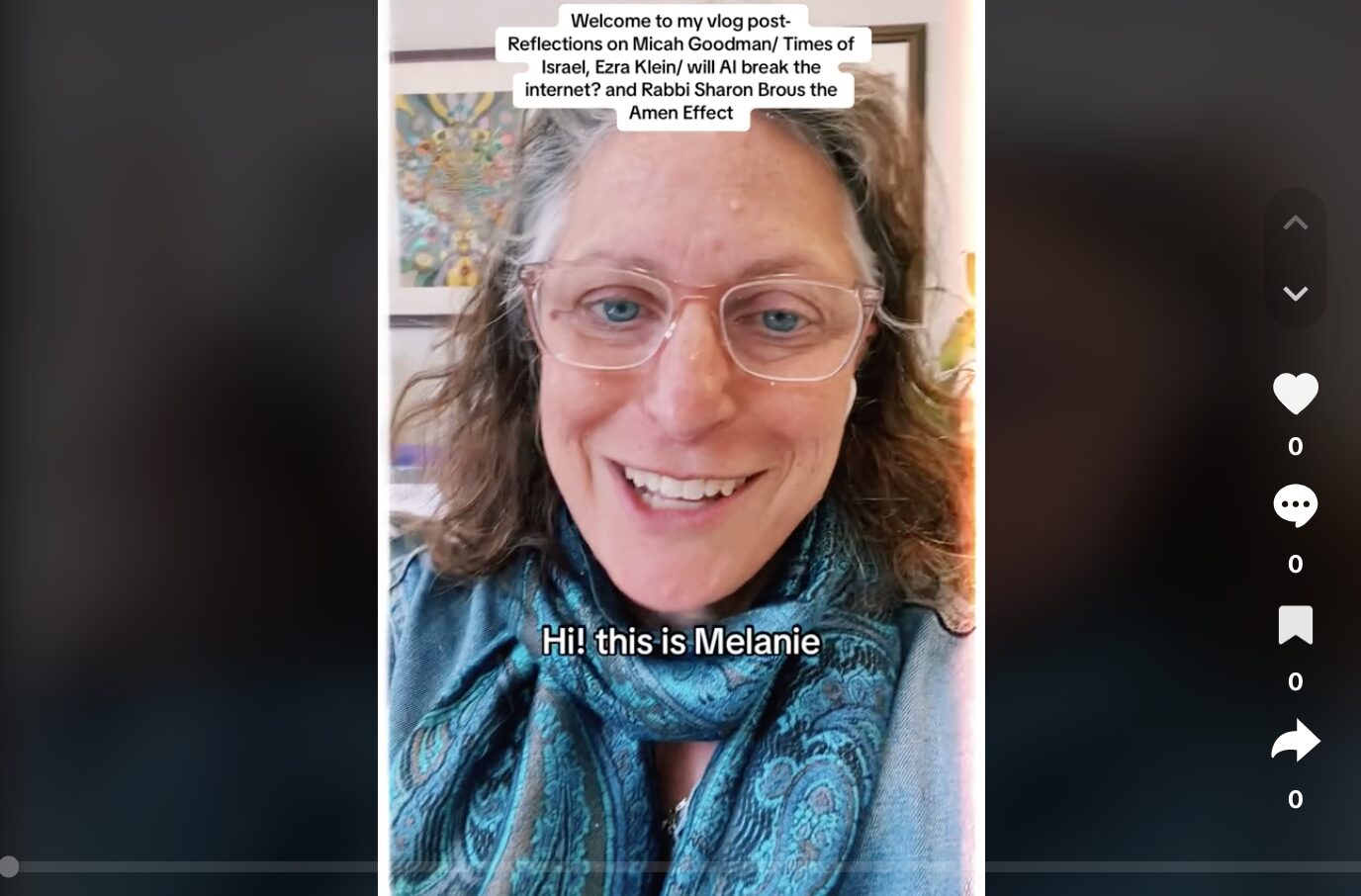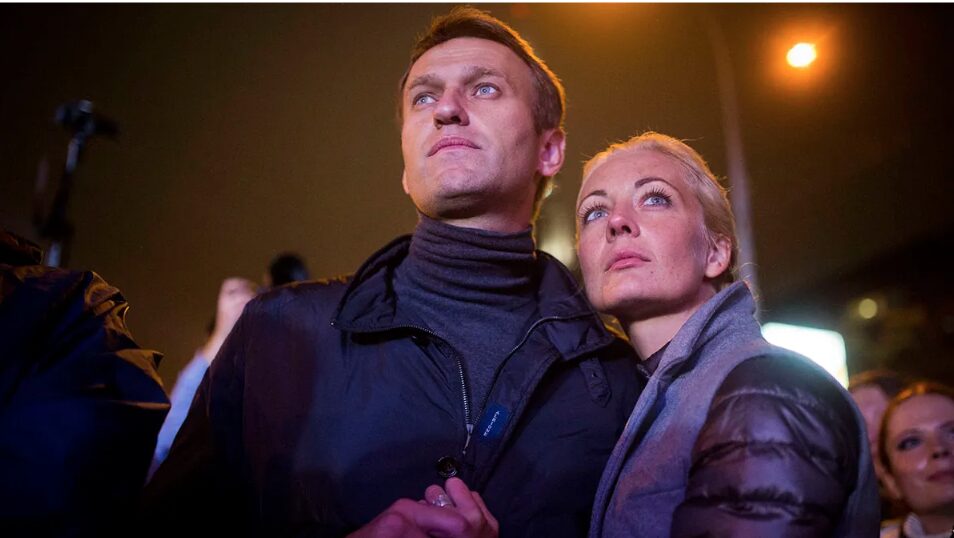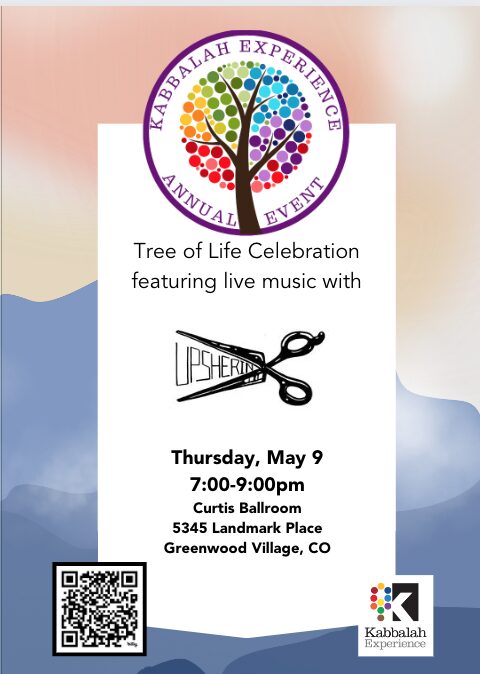Island time is sacred. City time is profane.
Call it Courage was the first novel I read; a 1941 story by Armstrong Sperry of a boy who survives by himself on a deserted island. I have returned to the theme of living in isolation many times through our studies of Kabbalah, especially in coming to an understanding of the dimension of time and how to live in the present moment. Looking at extreme circumstances can be useful in discerning what is of greatest value to us and serve to clarify who we are, as we “drop in” to surroundings that are completely foreign to us. If we actually were to experience living on an island by ourselves, for an indefinite period of time, it would create a radical shift in how we experienced our life—both in terms of identity and perception of time.
The phrase Island time is an expression aimed at defining what it means to live in the present (off the clock). Rabbi Abraham Joshua Heschel uses the island metaphor to describe sacredness of time on the Sabbath:
“In the tempestuous ocean of time and toil there are islands of stillness where man may enter a harbor and reclaim his dignity. The island is the seventh day, the Sabbath, a day of detachment from things, instruments and practical affairs as well as of attachment to the spirit.” (from The Sabbath by AJ Heschel).
What would it be like to live isolated on a deserted island—where neither safety nor natural supplies are lacking—lacking any human interaction and connectedness. The second chapter of Genesis already lays the foundation of the human need for attachment and connection. God recognizes, “It is not good for man to be alone.”
Daniel Dafoe provides the shipwrecked Robinson Crusoe with a dog and two cats and eventually with the company of his man Friday. In the film Castaway, Tom Hanks’ character ameliorates his aloneness by creating an “imaginary” relationship with Wilson, the volleyball. The common thread here is that we need an attachment and a connection; to survive we need not only food, water and shelter, we need to be in relationship.
During our discussions in class this week a student asked a most provocative question: Is a relationship with God enough or do we need to share our lives (and love) with a being that answers back? While we could argue that God “talks” to us, nowadays only implicitly, if we were isolated from contact with humans or animals would that be a meaningful life? Do we fundamentally need to share in a relationship in order to be human?
Imagine then life in isolation—with no feedback from others (beyond the voices in your head), with nothing to be “productive” about (beyond taking advantage of the abundance the island provides) and no days of the week—just Island time where the waves come in and out for a thousand years.










2 Comments
Corinne Brown · May 30, 2013 at 5:01 pm
Loved this essay. Very thought provoking.
renae · May 30, 2013 at 8:23 pm
Aren’t our needs different though.Where some might flourish with silence (waves, nature) and serenity, others need mental stimulation with voice providing questions for contemplation. I think I need both = quiet sometimes and provocation from another other times.
Very clear that the noise around us provides too much stimulation now.